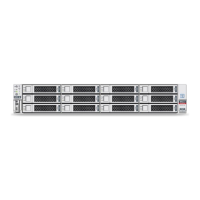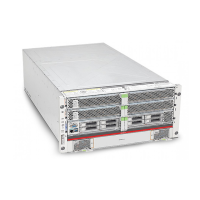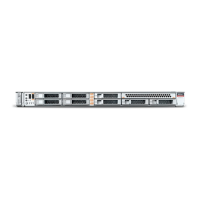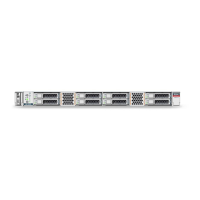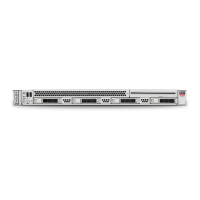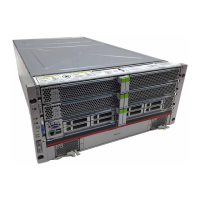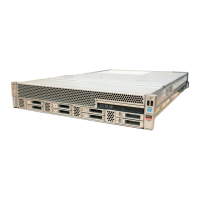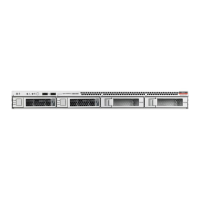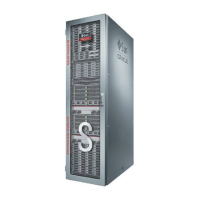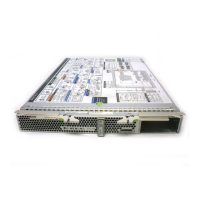xm
Command-Line Tools A-7
xm
The Oracle VM Server management command-line management tool xm, creates,
destroys, manages and migrates guests.
This section contains a brief explanation of some of the more common xm commands.
For full documentation, use the xm help --long command.
The xm command-line tool requires the xend daemon to be started.
Enter parameters to the xm command-line tool in the format:
xm [option] [argument]
See Chapter 5, "Domain Monitoring and Administration" for examples on using the
xm command-line tool.
Options
console {domain-id}
Attaches to a domain’s console.
# xm console mydomain
create [-c] {config-file [name=value ...]}
Creates a domain based on the entries in the config-file.
Entering the -c parameter attaches to the domain’s console when the domain is
created and started.
You can also enter name value pairs to override variables in the config-file using
the name=value parameter.
# xm -c /home/myhome/myconfig
destroy {domain-id}
Immediately terminates a domain.
# xm destroy mydomain
dmesg [--clear]
Displays message buffer logs similar in format to the equivalent to the dmesg
command in the Linux kernel.
The --clear parameter clears the message buffer.
help [--long] [option]
Displays help on the xm command, and its options.
The --long option displays full help on xm commands, grouped by function.
Enter a command name as an option to the xm command to get help only on that
command.
# xm help --long create
info
Displays information about the host computer.
# xm info
